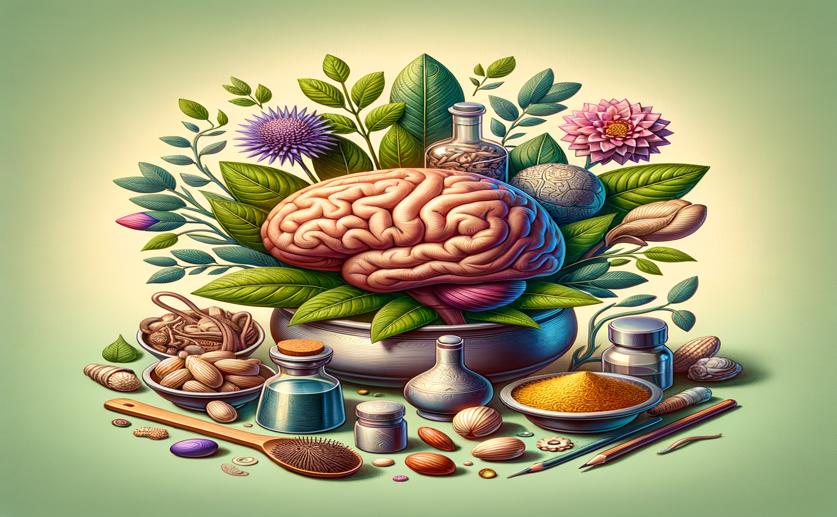
Ayurvedic Medicine: How It Can Help Treat Brain Cancer
Greg Howard
26th August, 2024

Image Source: Natural Science News, 2024
Key Findings
- The study from the University Hospitals of Cleveland Medical Center and Case Western Reserve University School of Medicine focuses on Ayurvedic herbs for treating brain tumors
- Key Ayurvedic herbs like ashwagandha, curcumin, guduchi, and triphala contain bioactive compounds that show promise against brain tumor cells
- These compounds can reduce cell growth, induce programmed cell death, and inhibit critical pathways in brain tumor cells, highlighting their potential in modern cancer therapy
References
Main Study
1) Indian Ayurvedic medicine: Overview and application to brain cancer.
Published 23rd August, 2024
https://doi.org/10.1016/j.jaim.2024.101013
Related Studies
2) Development of Ayurveda - Tradition to trend.
3) Network pharmacology: the next paradigm in drug discovery.
4) A systematic review on ethnomedicines of anti-cancer plants.



 9th June, 2024 | Greg Howard
9th June, 2024 | Greg Howard